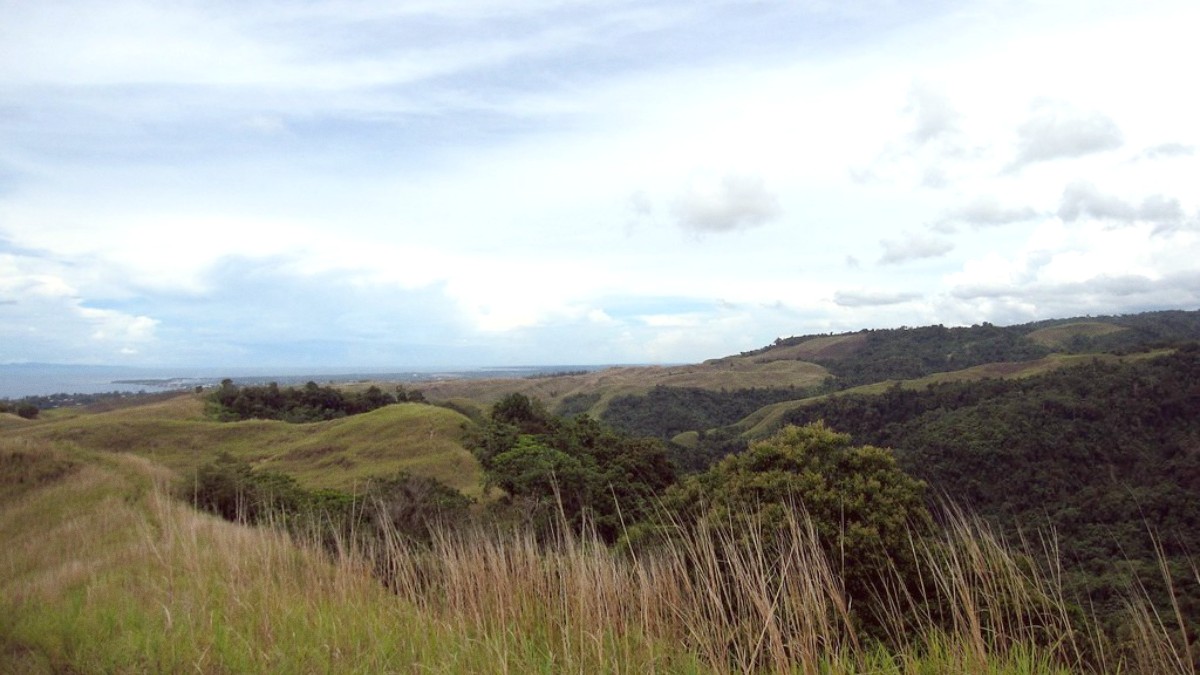
Solomon Islands
This guide provides information to explore Honiara, a city that invites discovery and a window into the heart of the Solomon Islands. An adventure combines historical reflection with tropical relaxation and genuine cultural exchange.
Honiara’s history is a story of ancient Melanesian heritage colliding with dramatic 20th-century events. Before European contact, diverse tribal groups inhabited the islands.
Guadalcanal became the scene of fierce fighting during World War II, a turning point in the Pacific Theater. Henderson Field, now Honiara International Airport, was a strategic objective. After the war, Honiara grew as the administrative capital, leading to the Solomon Islands' independence on July 7, 1978.
Honiara presents a dynamic and often bustling experience. It functions as the Solomon Islands' commercial and political hub. The city stretches along Mendana Avenue, its main thoroughfare, which parallels the coast. Along this road, government buildings, banks, a few hotels, and various businesses exist.
English is the official language, widely understood in business and tourism. Solomon Islands Pijin a common language among most islanders, a colorful and expressive lingua franca. The Solomon Islands Dollar (SBD) is the local currency, with banks and ATMs in the city center.
The city's lively heart for local produce, fresh seafood, and handicrafts.
Mix of residential areas, small villages, and WWII battlefields.
A blend of government services, trade, and small-scale industries.
Developing, with basic amenities and a range of hotels.
Mainly "route taxis"—minivans on fixed routes, affordable transport.
Honiara's charm lies in its blend of natural beauty, historical significance, and the warmth of its people. Its real allure comes from the stories it holds and its role as a launching point for wider explorations.
Visitors find a place that offers quiet reflection at war memorials and a understanding of a global conflict's impact on a small island nation.
The city acts as a practical base for divers exploring the famous wrecks of Ironbottom Sound and for those seeking adventure in the surrounding natural beauty.
Approach Honiara with an open mind. It is not a polished tourist city, but its authenticity and the stories embedded in its landscape make a rewarding experience. Embrace the local pace and interact respectfully with residents.
Honiara functions as a gateway to the broader Solomon Islands. Its coastal position offers access to the sea, a lifeline for transport, fishing, and recreation, deeply integrating the ocean into daily existence.
Its proximity to other major islands, though requiring air or sea travel, makes Honiara a central point for further exploration of the Solomon Islands.
Travel to nearby islands by ferry or small aircraft for different experiences.
Dive into Ironbottom Sound to explore sunken World War II ships and coral reefs.
Discover the biodiversity of Guadalcanal's rugged, mountainous interior and rainforests.
Honiara has a tropical setting with high temperatures and humidity year-round. This influences daily life and travel experiences.
Honiara International Airport (HIR) is the main gateway, connecting to regional hubs.
Voltage is 240V at 50Hz, with Type I outlets (three flat pins).
The official currency is the Solomon Islands Dollar (SBD).
Australian Dollars (AUD) are widely accepted and exchanged at banks and larger hotels. USD also exchanged, less commonly for direct transactions.
ATMs at major banks (ANZ, BSP, Westpac) in Honiara. Major credit cards accepted at larger hotels and some bigger businesses. Cash preferred outside the capital.
Tipping is not customary or expected. A small tip for exceptional service is appreciated but not mandatory.